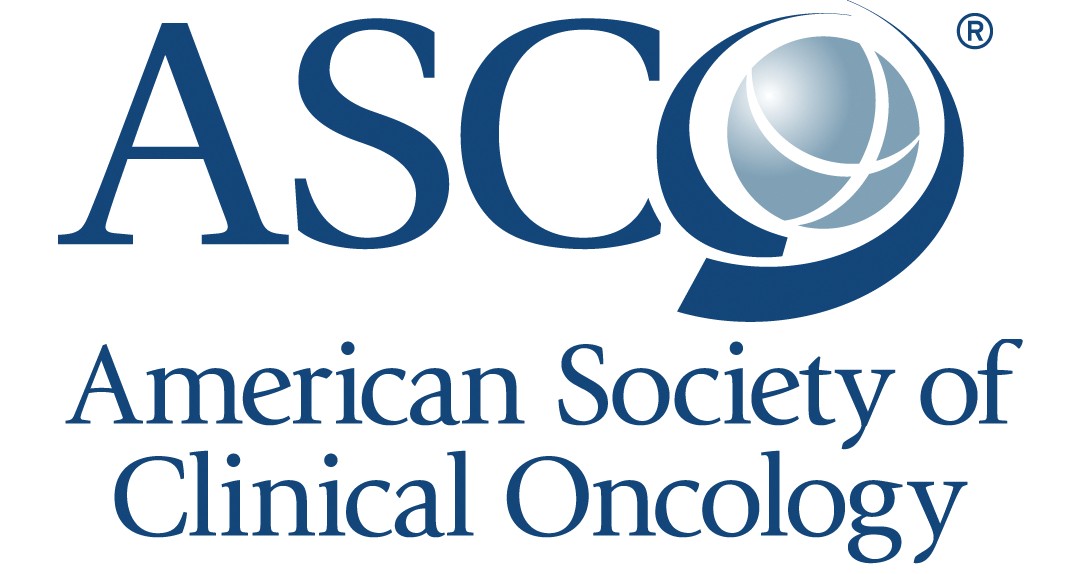Share this Page:
This study was presented at the American Society of Clinical Oncology (ASCO) 2019 annual meeting in Chicago last month.
The trial looked at 103 patients with a variety of different autoimmune disorders, such as psoriasis (22%), thyroiditis (20%), rheumatoid arthritis (13%), polymyalgia rheumatica (8%), inflammatory bowel disease (6%), multiple sclerosis (3%) and lupus (3%) who were treated with first- or second-line checkpoint inhibitors for the treatment of renal cell carcinoma (RCC) or urothelial carcinoma.
During the study, 37% of patients experienced an exacerbation of their autoimmune disorder, most commonly arthritis and rash. Thirty-six percent of patients experienced immune-related adverse events that were unrelated to their autoimmune disorder, such as colitis, rash, hypothyroidism, and nephritis. At the time of data cutoff, 16% of patients had discontinued therapy due to adverse events.
Overall response rate and 1-year overall survival were 31% and 74% for patients with RCC.
Although the study is small with only 103 patients, it shows that the rate of severe or life-threatening/disabling (grade 3/4) adverse events in patients with pre-existing autoimmune disorders appears not too dissimilar to what has been reported for patients without autoimmune disorders (19%). Also, less than 10% of patients stopped treatment due to an exacerbation of their autoimmune disorder.
In conclusion, after careful counselling of the patient and control of pre-existing autoimmune disorders, checkpoint inhibitors may be safe for these patients.














